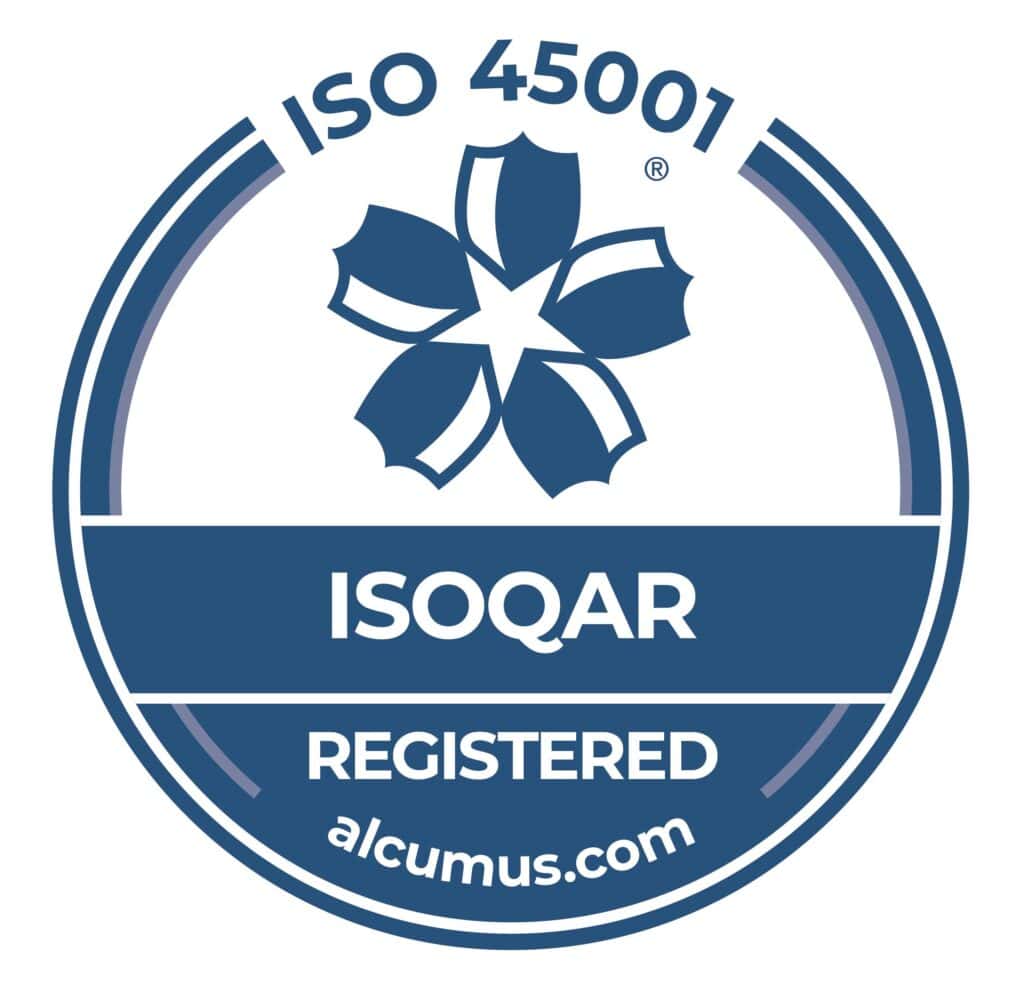- About OWIS
- Admissions
- Learning
- Learning & Curricula at OWIS
- IB Primary Years Programme (Early Childhood to Primary Grade 5)
- Modified Cambridge (Grades 6 to 8)
- Cambridge IGCSE (Grades 9 to 10)
- IB Diploma Programme (Grades 11 to 12)
- Academic English Prep Programme (Grades 6 to 8)
- Chinese-English Bilingual Programme (Grades 3 to 5)
- Co-scholastic Learning Programmes
- English as an Additional Language (EAL) Programme
- After-School Programme (CCAs)
- Nanyang Campus
- Digital Campus (Punggol)
- Newton Campus
- Testimonials & Blogs
- Scholarship
- Open House Events












